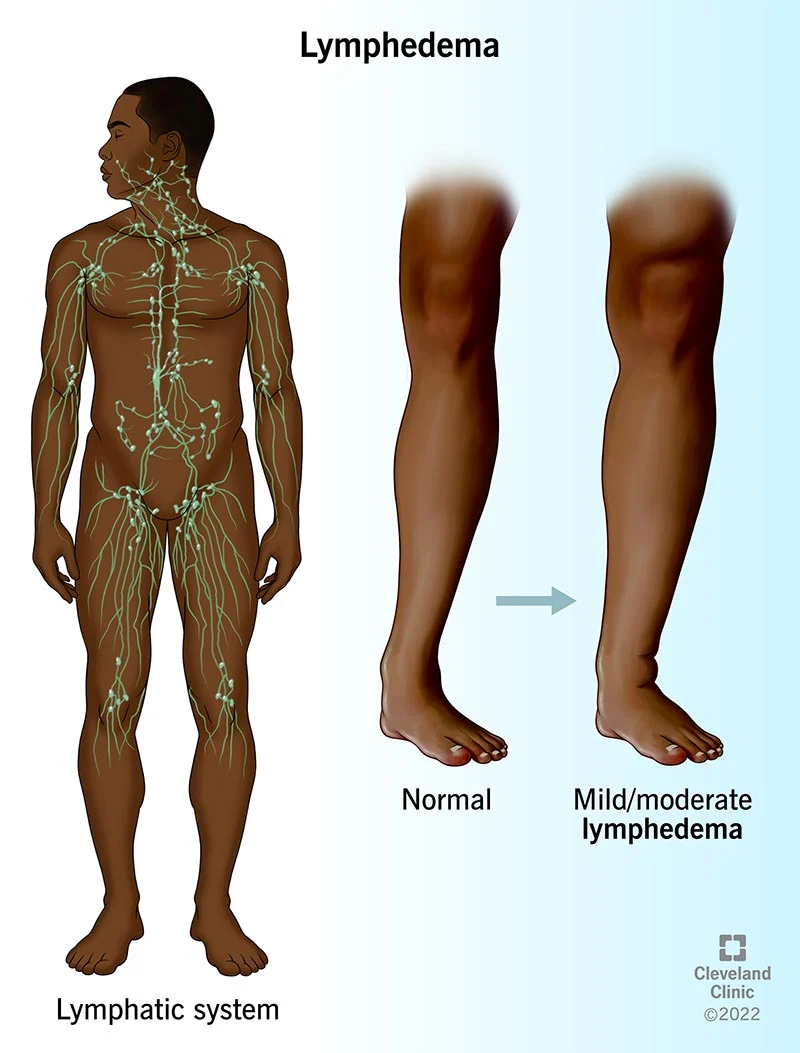The human body can make most of the types of fats it needs from other fats or raw materials. That isn’t the case for omega-3 fatty acids (also called omega-3 fats and n-3 fats). These are essential fats—the body can’t make them from scratch but must get them from food. Foods high in Omega-3 include fish, vegetable oils, nuts (especially walnuts), flax seeds, flaxseed oil, and leafy vegetables.Omega-3 fats are a key family of polyunsaturated fats.
Foods high in Omega-3 include fish, vegetable oils, nuts (especially walnuts), flax seeds, flaxseed oil, and leafy vegetables.
Benefits of Omega-3 fatty acids:
- May benefit depression and anxiety
- May improve eye health
- Could promote brain health during pregnancy and early life
- May improve risk factors for heart disease
- May reduce symptoms of ADHD in children
- Could reduce symptoms of metabolic syndrome
- May reduce inflammation
- Might benefit autoimmune diseases
- Could improve mental disorders
- May help prevent age-related mental decline and Alzheimer’s disease
- May help prevent cancer
- Could reduce asthma in children
- May reduce fat in your liver
Side effects of omega-3 supplements:
The side effects from omega-3 supplements are usually mild and might include:




